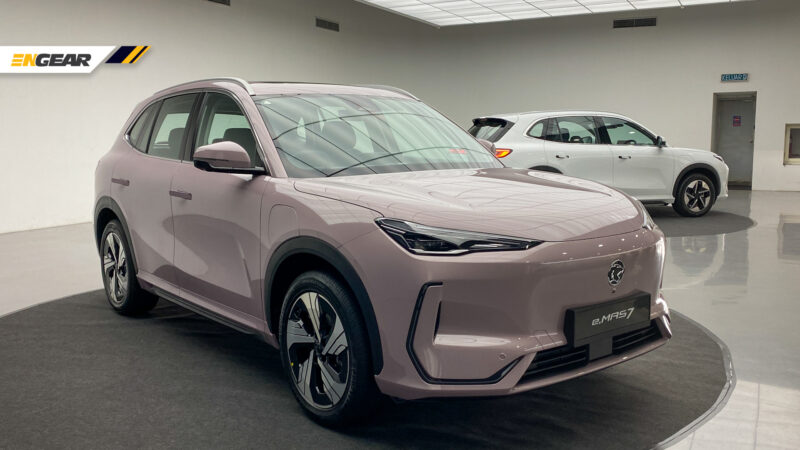The price war launched by a handful of Chinese automotive brands may benefit consumers, but it can have a substantial effect on the local automotive industry.
This concern was voiced by Proton’s Deputy Chief Executive Officer, Roslan Abdullah, during an interview with Berita Harian.
He explained that the massive discounts would create a ripple effect on local vendors who have long supplied components and parts for vehicles.
“The impact of this price war not only affects OEMs with manufacturing and assembly plants in the country, but also has repercussions for local vendors and dealers.
“This situation arises when an oversupply of stocks increases as customers prefer vehicles offered at lower prices. At the same time, some customers are adopting a wait-and-see approach, hoping prices will continue to fall,” he told BH.
Additionally, the price war will also affect the used vehicle market, where customers are likely to opt for new vehicles due to more competitive pricing.
“This will significantly impact the depreciation value of the affected vehicles. The trade-in market will also experience negative impacts,” he stated.
Due to high operating costs (including manufacturing, vendor, and supply chain costs), local OEM brands cannot lower vehicle prices to the same level as Chinese brands to sustain their business.
“We cannot reduce prices to an extremely low level; however, we can offer discounts or promotions such as cash rebates and accessory packages to balance market prices,” he said.
In this regard, Proton is taking careful steps to ensure the company’s long-term profitability, considering it employs more than 7,000 workers and involves over 5,000 employees in its sales network.
“Large-scale vendors may be able to survive because they have partnerships with other brands. However, small vendors that rely on a single brand will surely be affected,” he noted.
According to him, most brands reducing prices benefit from completely built-up (CBU) or semi-knocked down (SKD) concepts, which require lower investments compared to local OEMs like PROTON.
“Their investments in Malaysia are still minimal. Therefore, they can offer substantial discounts because their operating costs are also low. However, this puts pressure on companies operating in Malaysia in the long term,” he explained.
Roslan also emphasized the importance of reassessing the impact of this price war to protect well-established brands in Malaysia.
“Foreign direct investment (FDI) is the government’s target; however, a review needs to be conducted to ensure local assembly brands (CKD) with their own factories and vendor networks can continue to be resilient,” he stated.
